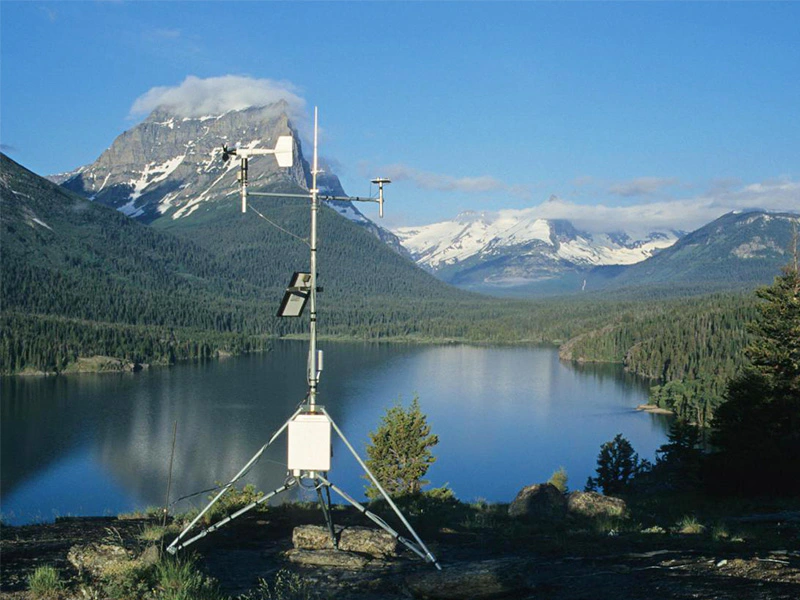
# What Is a Weather Station?
Understanding Weather Stations
A weather station is a facility equipped with instruments and sensors designed to measure various atmospheric conditions. These stations collect data on temperature, humidity, wind speed, wind direction, precipitation, and other weather-related variables. The information gathered is used for weather forecasting, climate research, and environmental monitoring.
Components of a Weather Station
Modern weather stations typically include several key components:
- Thermometer: Measures air temperature
- Hygrometer: Measures humidity levels
- Anemometer: Measures wind speed
- Wind vane: Determines wind direction
- Rain gauge: Measures precipitation amounts
- Barometer: Measures atmospheric pressure
Types of Weather Stations
Weather stations come in different forms depending on their purpose and location:
1. Professional Weather Stations
These are sophisticated systems used by meteorological organizations and research institutions. They often feature high-precision instruments and may be part of larger weather monitoring networks.
2. Personal Weather Stations
Designed for home use, these compact systems allow weather enthusiasts to monitor local conditions. Many can connect to smartphones or computers for data sharing.
3. Automated Weather Stations
These unmanned stations automatically collect and transmit data, often in remote locations where continuous monitoring is needed.
How Weather Stations Work
Weather stations operate by continuously collecting data from their sensors. The information is either recorded locally or transmitted to a central database. Advanced stations may use wireless technology or satellite communication to share data in real-time.
The collected data helps meteorologists analyze weather patterns, predict future conditions, and issue warnings for severe weather events. It also contributes to long-term climate studies and environmental research.
Importance of Weather Stations
Weather stations play a crucial role in modern society by:
- Improving weather forecasting accuracy
- Supporting agricultural planning
- Aiding in disaster preparedness
- Assisting aviation and maritime operations
- Contributing to climate change research
From simple backyard setups to complex professional installations, weather stations provide valuable insights into our ever-changing atmosphere.
Keyword: what is a weather station
